Here are facts about Chhatrapati Shivaji Maharaj, one of the most respected and influential figures in Indian history:
Okay, let’s be real—when you hear the name Shivaji Maharaj, what’s the first thing that comes to mind? A fierce warrior with a sharp sword, a majestic turban, and eyes that meant business, right?
Well, that’s just scratching the surface.
Chhatrapati Shivaji Maharaj was not only a legendary warrior but also a master strategist, a people’s king, a visionary, and honestly, way ahead of his time. This guy didn’t just win battles—he won hearts, and his legacy still lives strong, centuries later.
So grab a cup of chai, settle in, and let’s take a casual, yet respectful, dive into the life of the man who redefined what it meant to be a king in India.
Born to Rule, Built to Lead
Shivaji was born in 1630 at Shivneri Fort, near Pune, to Shahaji Bhosale and Jijabai. Now, Shahaji was a Maratha general in the Deccan region, but little Shivaji wasn’t just going to be another noble kid. From a young age, his mom Jijabai would tell him stories of Ram, Krishna, and heroes who fought injustice—and that lit a fire in him.
And boy, did that fire turn into an inferno.
Not Your Typical Prince
While other royals were busy enjoying luxury, Shivaji was out riding horses, mastering swordplay, and plotting how to outsmart the Mughals and Adil Shahis. He wasn’t impressed by titles or fancy clothes—he wanted swarajya (self-rule). Not just for himself, but for his people.
At just 15, he started capturing forts with a small army. I mean, who does that at 15? Most of us were busy trying to pass maths exams.
Forts Before Ferrari: The Real Power Moves
Here’s the thing about Shivaji Maharaj—he understood the power of forts. While other kings were chasing battles, he was out here building and securing forts like a real estate mogul of war.
He didn’t just capture forts—he built them from scratch. Forts like:
- Raigad (his capital)
- Sinhagad
- Pratapgad
- Rajgad
- Torna Fort (his first big win)
He had over 300 forts under his control at one point. Imagine Google Maps back in the 1600s, just dotting with forts. That’s how powerful his territory was.
The Original Guerrilla Warrior
You know how modern armies use surprise attacks and fast strikes? Shivaji invented that stuff in India. He called it Ganimi Kava—guerrilla warfare. No waiting for the enemy to strike. He’d appear out of nowhere, hit like lightning, and disappear into the hills.
Enemies like the Mughals and Adil Shahis, who had massive armies, were left scratching their heads. How was this guy with a smaller army winning every time?
It wasn’t luck. It was brains + bravery.
The Iconic Pratapgad Battle
One of the most legendary moments in Shivaji’s life? The Battle of Pratapgad in 1659.
Shivaji was up against Afzal Khan, a massive warrior sent by the Adil Shah. This dude was twice Shivaji’s size and full of ego. The two agreed to meet for peace talks—but Shivaji knew better.
Afzal Khan tried to stab him during the meet. But Shivaji, wearing armor and carrying a hidden wagh nakh (tiger claws), turned the tables and killed him instead.
Talk about plot twist!
This was the moment the entire Deccan region stood up and said, “Okay, this guy’s the real deal.”
Taking on the Mughals: Like a Boss
Let’s not forget the Mughals, led by Emperor Aurangzeb—the biggest power in India back then. Even he couldn’t handle Shivaji’s moves.
Aurangzeb tried everything—from diplomacy to brute force. At one point, Shivaji was invited to Agra and taken prisoner. But he pulled off the most epic prison escape in Indian history by hiding in sweet baskets (legend says ladoo boxes, no kidding) and walking right out of Mughal security.
Can you imagine the look on Aurangzeb’s face when he realized Shivaji had just vanished?
The Coronation: Chhatrapati Time 👑
In 1674, Shivaji finally took the title of Chhatrapati (Emperor) and held his grand coronation at Raigad Fort. It wasn’t just a royal function—it was a statement.
He declared the Hindavi Swarajya, a kingdom built for the people, by the people, and protected from foreign domination.
And he did something truly unique: he respected all religions, built a navy (the first Indian king to do so), encouraged local languages, and even ensured women’s safety in a time when most kingdoms didn’t care.
Women’s Rights, Respect & Righteousness
Shivaji Maharaj was a warrior, yes, but he also set an example when it came to honor and humanity.
In his time:
- Women captured in wars were treated with respect and sent back safely.
- Soldiers were punished if they disrespected women or civilians.
- He never looted temples or forced religious conversions.
For a 17th-century king, that kind of forward thinking is just wow. He wasn’t just building an empire—he was building a code of conduct.
Shivaji and the Navy: Ruler of Land and Sea
While most Indian kings focused on land battles, Shivaji realized the importance of sea power early on. He built India’s first real navy with sea forts like Sindhudurg and Vijaydurg to protect the Konkan coast from pirates and foreign invasions (especially the Portuguese and British).
He wasn’t just the king of the hills—he was the Boss of the Arabian Sea.
The Legacy Lives On
Shivaji Maharaj passed away in 1680, but let’s be real—legends don’t die. His legacy still breathes in:
- Statues across India
- The Indian Navy’s INS Shivaji
- Schools, airports, roads, and universities named after him
- His principles in modern military strategies
Even today, when we talk about bravery, leadership, and true patriotism, Shivaji’s name stands tall.
Why Shivaji Still Inspires Us Today
In a world where power is often used to suppress, Shivaji used his power to uplift. He:
- Protected the poor and the weak
- United people across castes and religions
- Respected every individual, no matter their background
- Fought for independence when no one else dared
Whether you’re a student, soldier, leader, or just someone figuring life out—there’s something to learn from Shivaji Maharaj.
He wasn’t perfect. No one is. But he was fearless, just, smart, and proud of his roots. And that’s exactly why he continues to be a symbol of courage, pride, and vision.
Jai Bhavani! Jai Shivaji! 🔥
Chhatrapati Shivaji Maharaj wasn’t just a ruler. He was a movement. A force of nature. A king who believed in the people and fought for the people. And hundreds of years later, we still remember him with pride in our hearts and a fire in our spirit.
So next time you hear his name, stand a little taller. Because Shivaji didn’t just fight for Swarajya—he taught us to never settle for less than freedom, dignity, and unity.

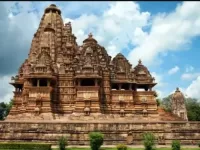

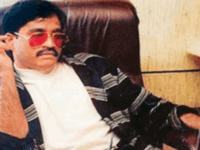






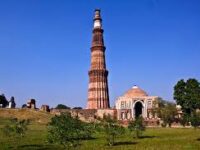



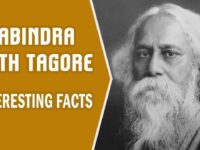
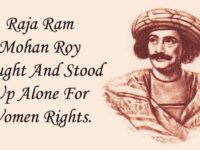





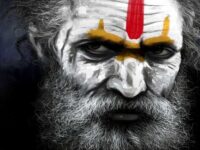

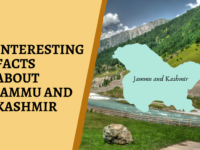




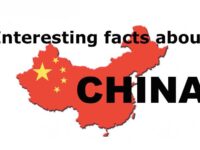
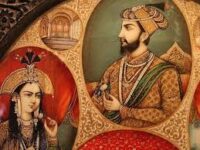
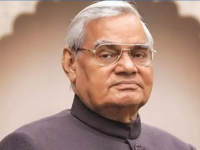


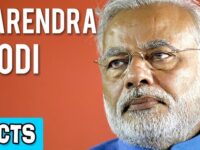






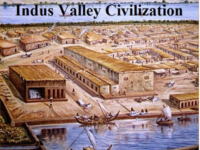











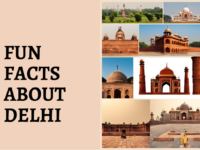














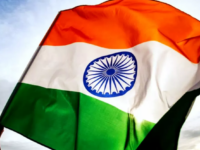

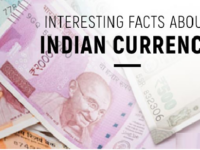
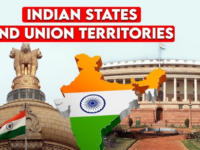


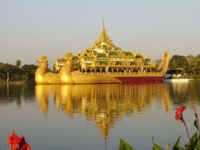

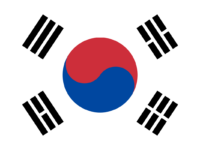

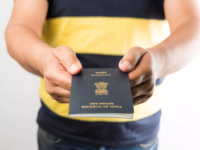
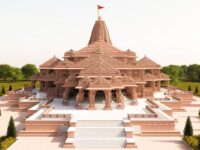







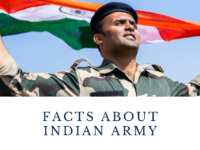
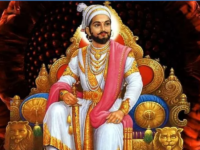











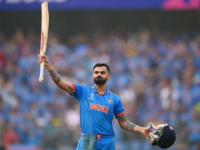


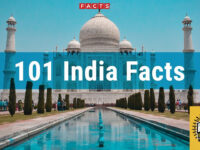
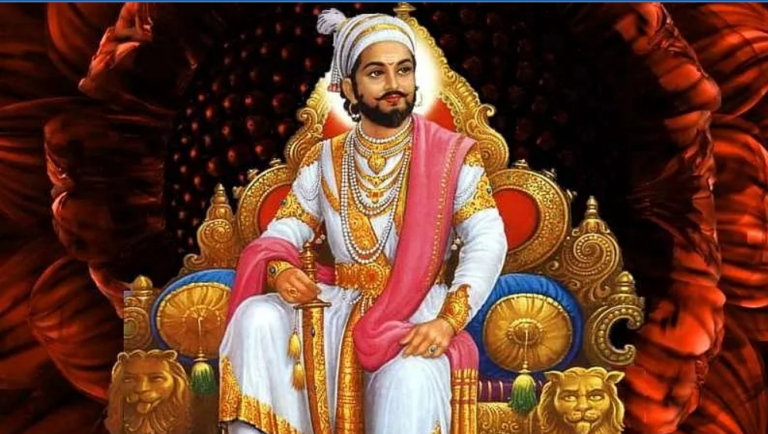
0 Comments